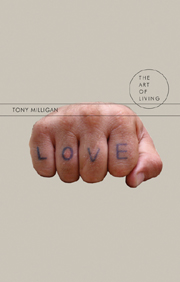1 - Introduction
Summary
Love can be several splendid things, a source of joy and gladness, a support or a consolation or a wonderful surprise. But it can also be a source of unease, of fruitless longing and regret. We may be harmed by love, harmed by loving and perhaps even harmed by the love of another. Love does us no good when we love the wrong person. If such love is reciprocated (and perhaps especially if it is reciprocated) it can lead us to waste the best years of our lives. It may lead us to lose our chance of contentment without in any way adding to the well-being of the person that we love. Similarly, we may love someone who could make us happy if they were to love us in return but they do not do so. Our love may be unreciprocated and yet it may stubbornly refuse to go away. Under such circumstances, love can be little more than a subtle form of self-laceration. These considerations may lead us to accept that love does not conquer all.
In spite of such drawbacks, and in spite of the difficulties of loving someone suitable and doing so in the right way, we are creatures who need to love and who need to be loved. This is a claim that shapes a good deal of what follows. Another claim that helps to give shape to this book is that sexualized and intimate love of the sort that often exists between partners and spouses is a good exemplar of love of any kind.
- Type
- Chapter
- Information
- Love , pp. 1 - 8Publisher: Acumen PublishingPrint publication year: 2011

